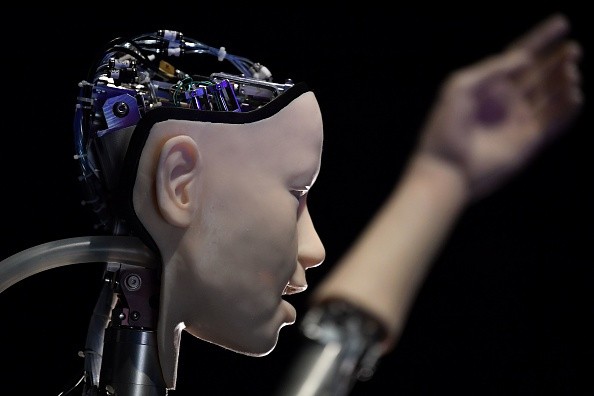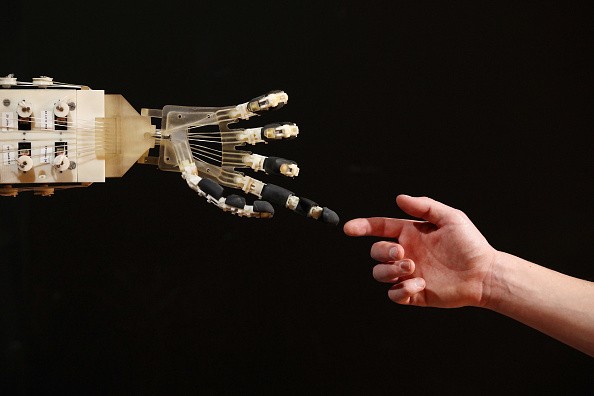The University of Liverpool's researchers developed a new AI that could identify materials that are not recorded yet. Thanks to its advanced features, the machine learning technology already discovered four new substances.

These include a new type of solid-state material, which conducts lithium: an essential substance that creates solid-state batteries. This is a great innovation since the United States and other countries are trying to find better energy sources that various electric vehicles could rely on.
"There have been a surge of machine learning (ML) studies that aim to extract the underlying patterns of chemistry available from ICSD," said involved researchers.
The new study titled "Element selection for crystalline inorganic solid discovery guided by unsupervised machine learning of experimentally explored chemistry" was published in the Nature Communications Journal this Sept. 21.
University of Liverpool's New AI
According to PhysOrg's latest report, the new technology has capabilities comparable to the knowledge of human scientists.

However, involved experts claimed that the new artificial intelligence could prioritize the unexplored part of chemical space better and faster than human researchers.
If this is true, the new AI could identify new kinds of undiscovered materials used in various integrations in different innovations.
Professor Matt Rosseinsky led this machine learning tool's development. Aside from the material-identifying AI, the Danish health startup Radiobotics' AI-driven knee algorithm received FDA clearance.
Meanwhile, Biden Administration confirmed it would focus on AI-related problems in the United States.
How Does It Work?
The University of Liverpool's researchers explained that their new AI works by observing and studying the relationships between known materials.
This tool can do this at a scale, which could not be achieved by humans alone. The machine learning tech also uses numerically rank combinations of elements, which could lead to new materials.
On the other hand, these rankings also guide experts to explore the large unknown chemical space in a focused area of a study. Thanks to the new tool, the conducted material experiment would be more efficient.
For more news updates about the new material-identifying AI and other similar technologies, always keep your tabs open here at TechTimes.
This article is owned by TechTimes
Written by: Griffin Davis
![Apple Watch Series 10 [GPS 42mm]](https://d.techtimes.com/en/full/453899/apple-watch-series-10-gps-42mm.jpg?w=184&h=103&f=9fb3c2ea2db928c663d1d2eadbcb3e52)



